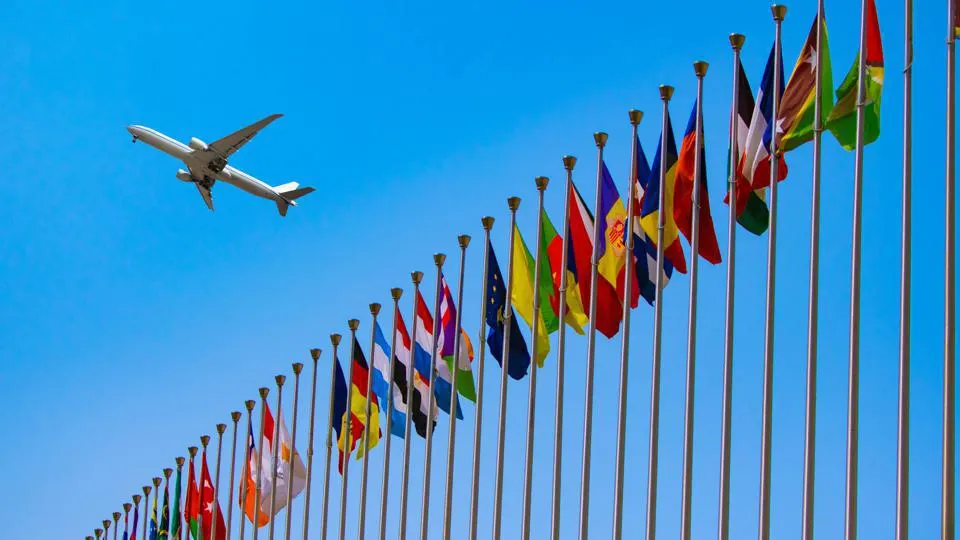When it comes to moving overseas, professional movers play a crucial role in ensuring a smooth and efficient relocation process. However, moving internationally involves adhering to specific regulations and restrictions regarding the transportation of certain items. To ensure compliance with local laws and safety standards, it is essential for professional Movers in Brisbane to be aware of the items that are prohibited during international moves. This comprehensive guide will outline the common items that are restricted or forbidden when moving overseas, providing valuable insights for professional movers.
Hazardous Materials:
Moving hazardous materials poses significant risks to both the movers and the environment. Professional movers must strictly adhere to international regulations that prohibit the transportation of hazardous substances. Examples of commonly restricted items include flammable liquids, corrosive materials, explosives, compressed gases, and radioactive materials. Movers should familiarize themselves with the specific regulations of each destination country to ensure compliance.
Perishable Goods:
Perishable goods, such as food items, live plants, and fresh produce, are typically prohibited when moving overseas. These items can spoil during transit, leading to health risks, the spread of pests or diseases, and potential damage to other belongings. Professional movers should inform their clients about these restrictions and advise them on alternative ways to handle perishable items, such as consuming or donating them before the move.
Firearms and Ammunition:
Transporting firearms and ammunition across international borders involves complex legal requirements and security concerns. Most countries have stringent regulations regarding the importation of firearms and ammunition. Professional movers should advise clients to consult with local authorities and follow the necessary procedures for obtaining permits and licenses, ensuring compliance with local laws.
Controlled Substances and Prescription Medications:
Moving controlled substances and prescription medications internationally requires careful consideration. Each country has its own regulations concerning the importation and distribution of such substances. It is crucial for professional movers to educate their clients about the restrictions and encourage them to consult with medical professionals and local authorities to ensure compliance with the destination country’s laws.
Endangered Species and Protected Wildlife:
Transporting items derived from endangered species, including ivory, animal fur, and exotic plants, is strictly prohibited under international law. Professional movers should inform their clients about these restrictions to prevent any legal implications or harm to endangered wildlife. It is important to comply with the Convention on International Trade in Endangered Species (CITES) regulations and seek proper permits when transporting items related to protected wildlife.
Currency and Valuables:
Moving large sums of cash, valuable jewelry, or precious metals across international borders can raise suspicion and pose security risks. While it is not strictly prohibited to transport currency or valuables, professional movers should advise their clients to use secure methods, such as wire transfers or insured shipping, to safeguard their assets during the relocation process.
Cultural and Artistic Artifacts:
Many countries have restrictions on the exportation of cultural and artistic artifacts of significant historical or cultural value. Professional movers should encourage their clients to research and comply with the regulations set forth by both the destination country and international organizations such as UNESCO, ensuring that proper permits and documentation are obtained when relocating such items.
Plants and Agricultural Products:
Transporting plants, seeds, and agricultural products across international borders may introduce invasive species, pests, or diseases that can harm local ecosystems and agriculture. Professional movers should educate their clients about the restrictions on plant materials and advise them on alternative options, such as purchasing plants locally in the destination country.
Conclusion:
Professional movers play a vital role in ensuring a successful and compliant international relocation. By being well-informed about the items that are prohibited when moving overseas, they can guide their clients through the process while adhering to international regulations. From hazardous materials and perishable goods to firearms and endangered species, understanding and communicating these restrictions are crucial for a seamless and lawful relocation experience. By optimizing their knowledge of prohibited items, professional movers can uphold the highest standards of service and provide a safe and efficient international moving experience for their clients.


